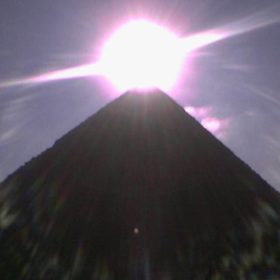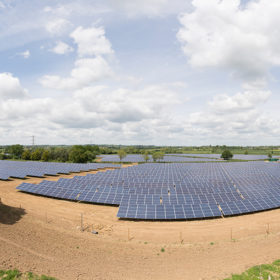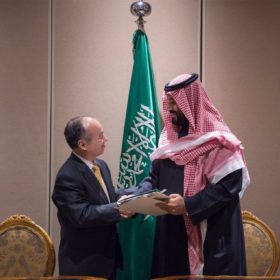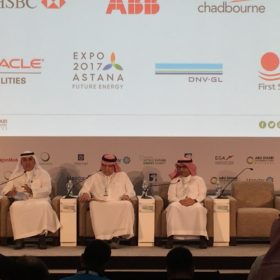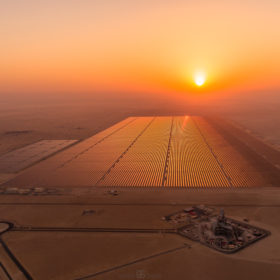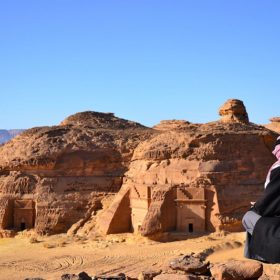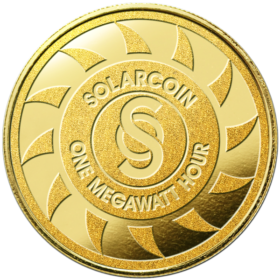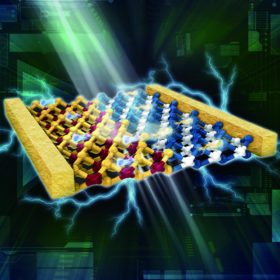UPDATE: ACWA offered lowest bid in Egypt’s 200 MW tender
As pv magazine has learnt, the Saudi energy giant lowered its offer to $0.02752/kWh at the last minute, beating the bid lodged by Spain’s Fotowatio, which offered $0.02791 per kWh.
Saudi’s Zahid takes major stake in German PV company Greencells
The Zahid Group has invested an undisclosed amount in Germany-based Greencells. A key focus for the latter will now be hybrid systems in the APAC and African regions. An update on the 1.2 GW Sweihan solar project in Abu Dhabi was also given.
SoftBank, Saudi sign incredible 200 GW solar MOU – comment
A memorandum of understanding (MOU) has been signed between the Crown Prince of Saudi Arabia and Japan-based SoftBank founder Masayoshi Son, to establish the world’s largest solar PV energy project by 2030. How likely it is to materialize, and what will be done with the power, if it is realized, however, remains to be seen. Of more interest, says BNEF, is the first 7.2 GW phase.
ACWA wins Saudi Arabia’s 300 MW solar tender
The Saudi energy company submitted the second lowest bid, an LCOE of 0.08872 SAR ($0.0236) per kWh, while the excluded competitor, a consortium led by Japan’s Marubeni, had offered 0.09976 SAR ($0.0266) per kWh.
MESIA’s Middle East Solar Awards honor solar champions in the Middle East
One of the highlights of this year’s Abu Dhabi Sustainability Week (ADSW) and the World Future Energy Summit (WFES), which forms part of ADSW, was Wednesday evening’s Middle East Solar Awards Ceremony, organized by MESIA, the Middle East Solar Industry Association.
Saudi Arabia to tender seven PV projects totaling 3.3 GW in 2018
The launch of the series of tenders was confirmed to pv magazine by Turki Mohammed Al Shehri, the head of the Saudi Renewable Energy Project Development Office.
ACWA Power to adopt SolarCoin
The Saudi energy company said it will be the world’s first utility-scale generator joining the SolarCoin ecosystem, and that it will be “rewarded for helping build a more sustainable future.”
Saudi Arabia announces shortlist for 300 MW tender, excludes lowest bid
Shortlisted bidders are Saudi energy company, ACWA and Japanese trading company, Marubeni, which submitted the second and third lowest bids, respectively. The lowest bid, which was proposed by consortium formed by UAE-based Masdar and French energy giant, EDF and could have become the world’s cheapest offer for solar energy, was excluded from the auction.
SoftBank Vision Fund to build 3 GW of solar and storage in Saudi Arabia
The Saudi Electricity Company has signed a Memorandum of Understanding with the Public Investment Fund and Softbank Vision Fund to create 3 GW of solar and storage capacity in the Kingdom in 2018.
KAUST researchers look into lateral heterojunction
A team from King Abdullah University of Science and Technology (KAUST) in Saudi Arabia has published research into heterojunction solar cells using alternative materials to silicon. The researchers hope that the process they developed could simplify the fabrication of solar cells.
